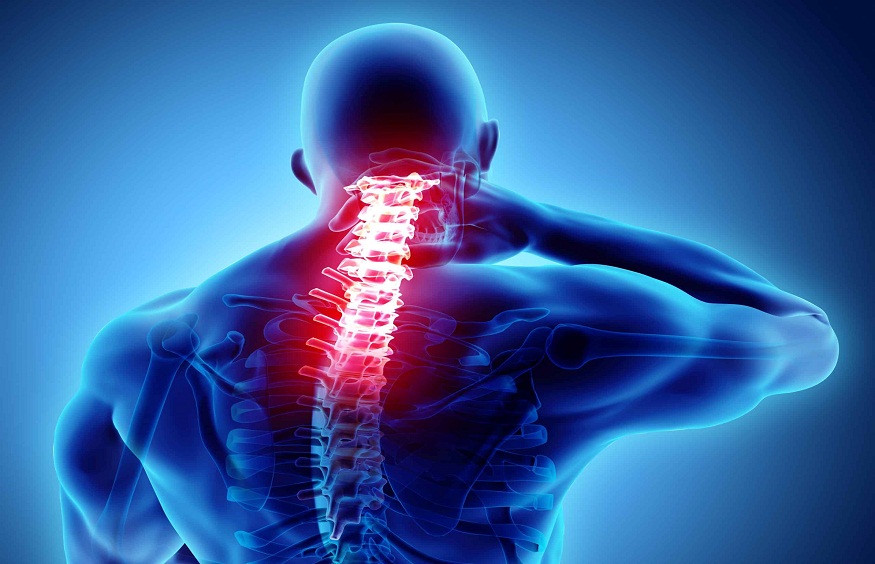Do your painful shoulders prevent you from lifting pots and pans? Is your back pain so bad that you can’t walk to the corner store? Pain is a common problem among seniors. Fortunately, there are ways to reduce your suffering. You will find how here.
Chronic pain: some facts
Did you know that approximately 50% of older adults suffer from chronic pain, that is, pain that lasts for more than 3 months? This type of pain is severe enough to interfere with activities of daily living and make it difficult for the person suffering from it to take care of themselves or their home.
Chronic pain can also cause difficulty sleeping, decreased memory, difficulty walking, loss of appetite and weight, and, when it lasts for a long time, depression.
Even if it is common among the elderly, we must not fold our arms and accept to suffer. Efforts should, in fact, always be made to control pain as much as possible.
Relieve chronic pain: medications
Several classes of medications treat pain. Some are available over the counter at the pharmacy. Before taking them, however, it is recommended to consult a doctor or pharmacist. Depending on your needs and your state of health, they may offer you different options.
Acetaminophen ( e.g. Tylenol or Atasol) is often effective and safe for treating pain. However, care must be taken not to exceed the maximum dose of 3 g per day.
Anti -inflammatories are often contraindicated in seniors. It is best to take them only if prescribed by a doctor. The latter must be familiar with your state of health before offering you this type of medication.
For more severe pain, opioid (narcotic) medications may be prescribed by a doctor. However, you must carefully follow the dosage (dose and frequency), because some medications act for four hours while others are effective for 12 or 24 hours, thus providing longer-lasting relief.
Other medications may be used to treat pain, especially when it is caused by nerve damage. Antidepressants and antiepileptics are among the medications prescribed; although it may seem strange, they act directly on pain.
Relieving chronic pain: alternative means
Medication is often helpful in reducing pain. However, alternative means should not be underestimated.
Physical activity
Regular and progressive practice of physical activity leads you to concentrate on the exercise and less on the pain. While it is normal to feel a slight increase in pain at the beginning, this will gradually ease thanks to simple exercises appropriate to your state of health.
Physiotherapy
A physiotherapy consultation can be useful to define the exercises to do according to your pain. Likewise, the physiotherapist may use physical approaches to pain control, such as ultrasound, heat and cold as well as transcutaneous neurostimulation (TENS). This technique aims to relieve pain using a low intensity electrical current transmitted by electrodes placed on the skin.
To be entitled to physiotherapy service, you must obtain a consultation request from your attending physician.
Pleasant activities
Chronic pain can cause irritability, anxiety, and even major depression. It is important, when one of these problems manifests itself, to seek help from specialists and to take care of yourself. If pain can have repercussions on morale, the opposite is also true. Therefore, you must avoid giving too much space to pain as much as possible and keep time for pleasant activities. Although the pain is not psychological, it is less bothersome when you are distracted by pleasant activities or thoughts.
Relaxation, for its part, allows both the mind and the muscles to rest and reduces muscle pain. Consulting a psychologist can also help you better control your pain and accept it better. To find a psychologist, consult the Order of Psychologists of Quebec or contact your CLSC.
An interdisciplinary team bringing together several health professionals (doctor, nurse, physiotherapist, psychologist and others) is often useful in developing a treatment plan for chronic pain. Such teams are found in pain management clinics. In general, they are attached to large university hospital centers.
To obtain an appointment with one of these specialized teams, it is necessary to have a consultation request from your family doctor.

